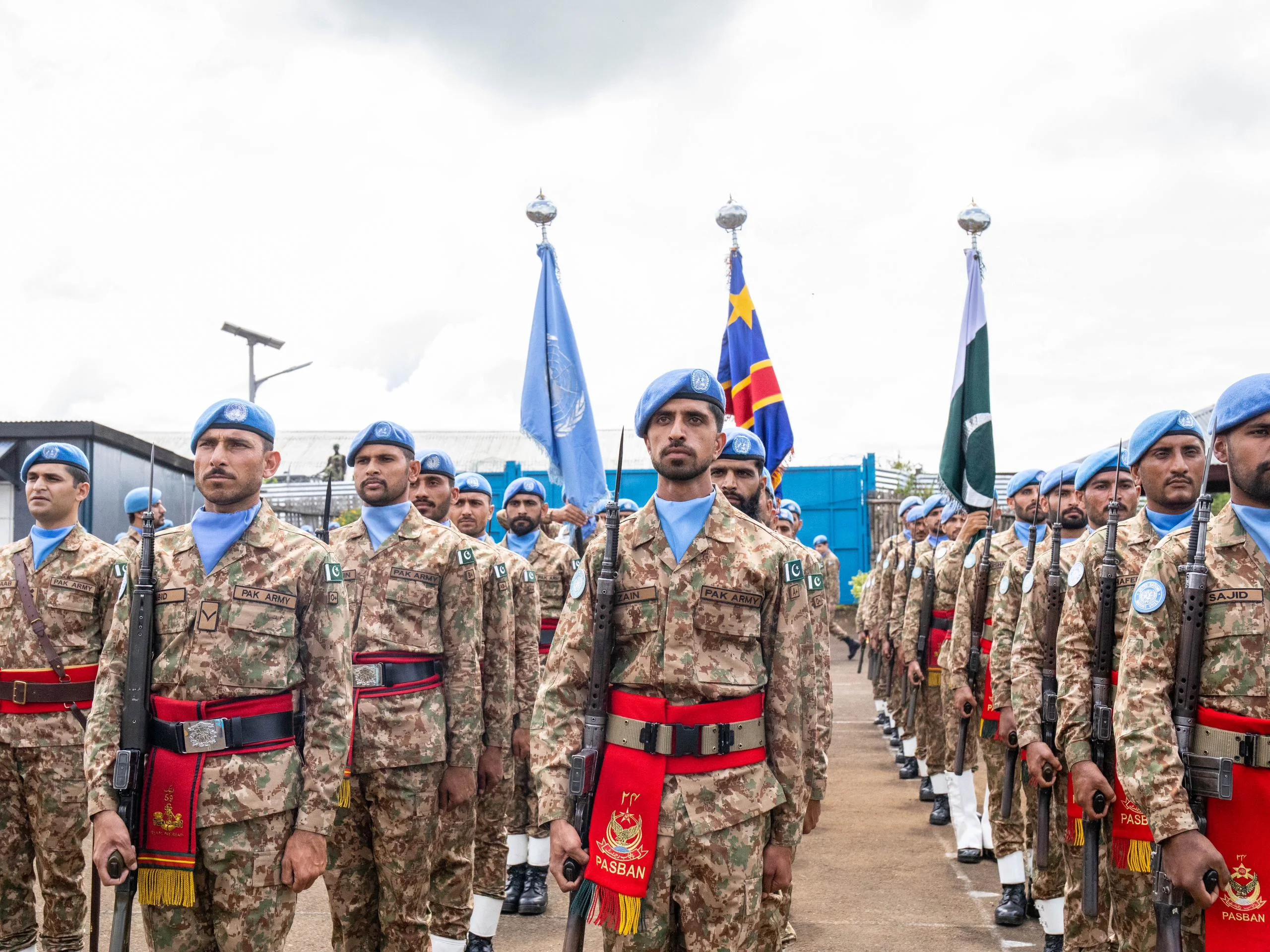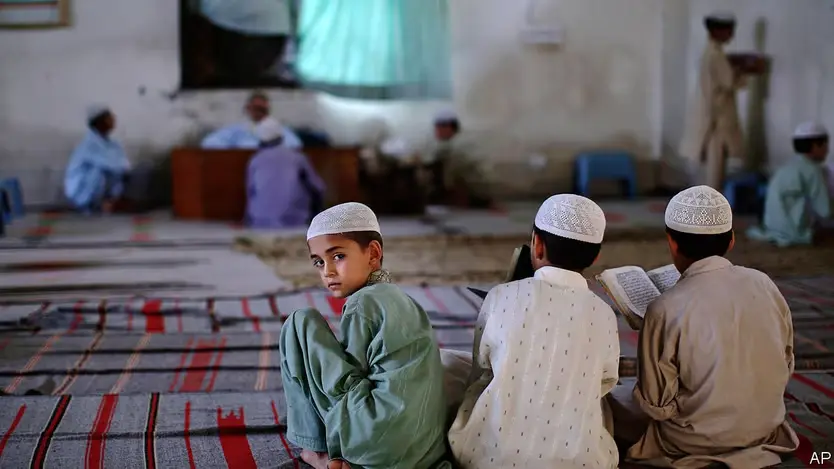On the morning of Monday, October 28, Australia announced its squad for the upcoming T20I series against Pakistan. The series will begin in early November. It will be part of a white-ball tour.
Key players like Pat Cummins, Travis Head, and Mitchell Starc are out of the Australia T20I squad. They are preparing for the crucial Border Gavaskar Trophy, which will start later in November, according to the press release.
Also See: History of Cricket Craze in South Asia
Australia’s squad for the T20I series against Pakistan
The official release states that any players from this squad who are also part of the Test side will join the Test team after their final game in Hobart. Xavier Bartlett, Nathan Ellis, and Spencer Johnson are among those named in the squad. They have returned to the team after recovering from injuries.
Australia squad for Pakistan T20Is: Sean Abbott, Xavier Bartlett, Cooper Connolly, Tim David, Nathan Ellis, Jake Fraser-McGurk, Aaron Hardie, Josh Inglis, Spencer Johnson, Glenn Maxwell, Matthew Short, Marcus Stoinis, Adam Zampa.
Chair of Selectors George Bailey said, “All players in this group have represented Australia in T20 cricket, so we look forward to seeing them continue to enhance their international experience throughout this series. The mix of seasoned players and those closer to the start of their international journeys excites us.”
Following the three ODIs from November 4 to November 10, Australia will host Pakistan for 3 T20Is on November 14, 16 and 18 at the Gabba, the SCG and Bellerive Oval respectively.
This news is sourced from Sporting News and is intended for informational purposes only.






